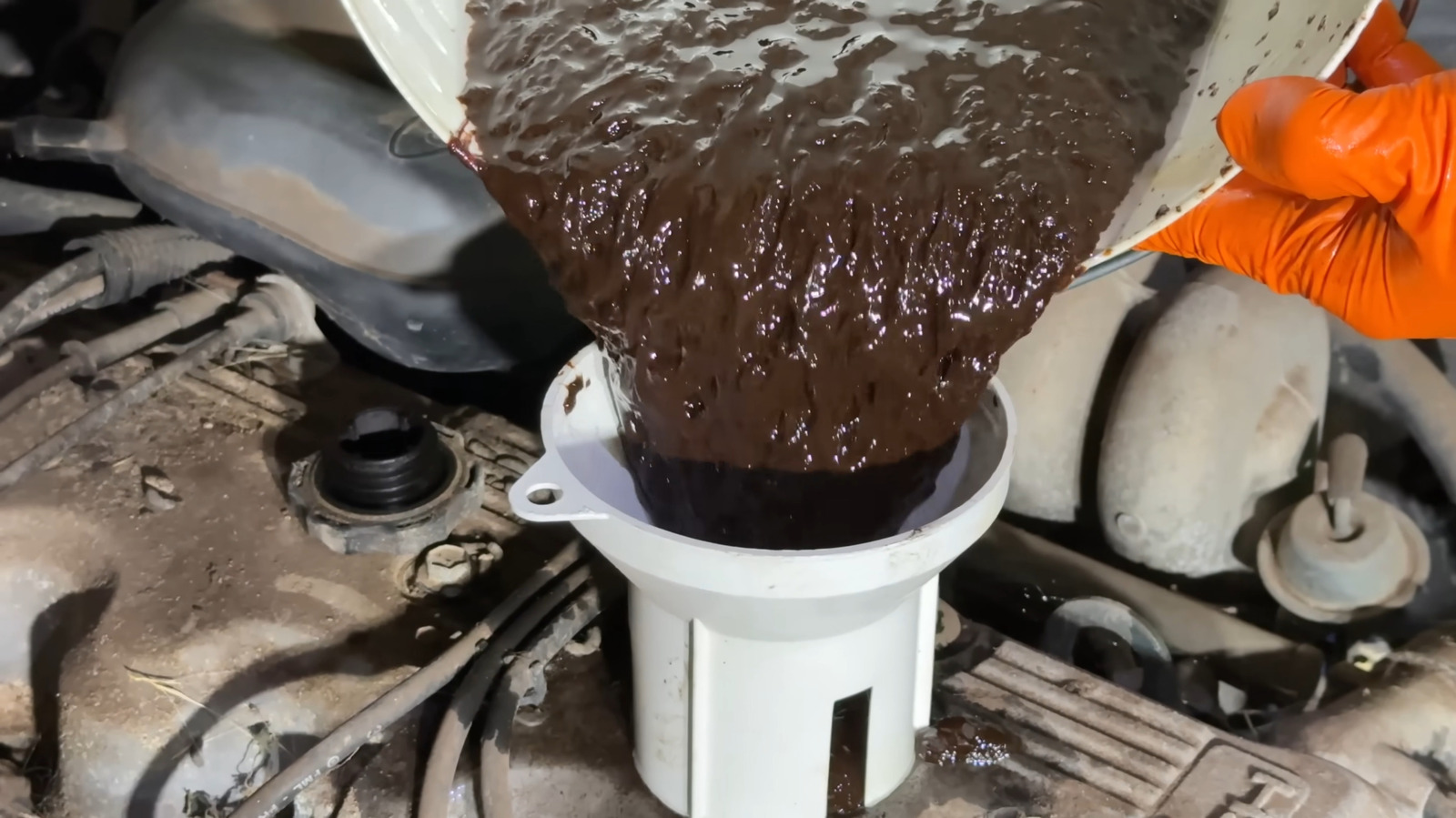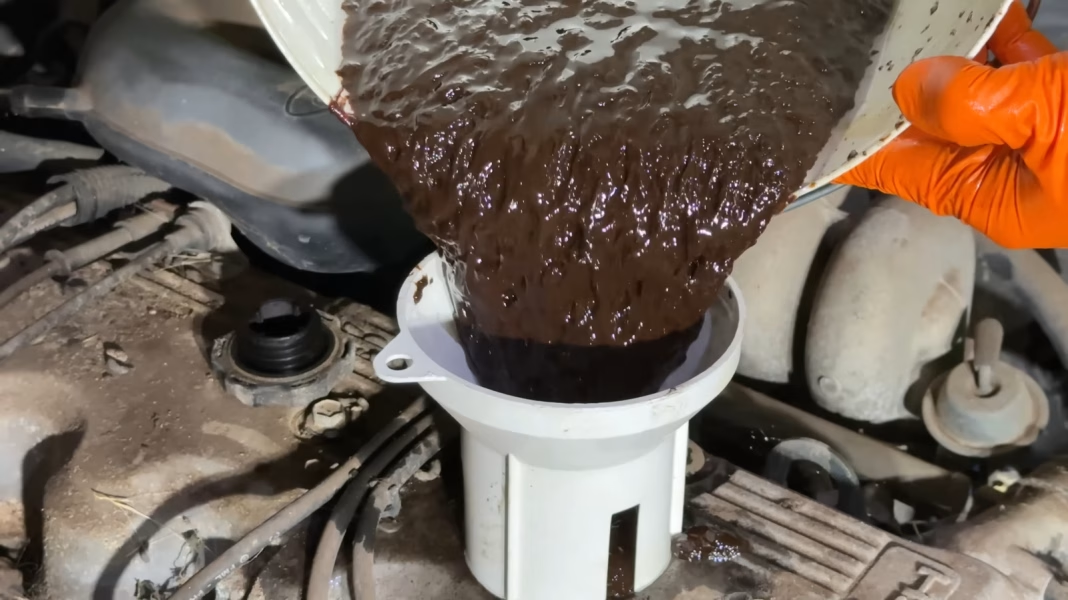What Actually Happens If You Replace Engine Oil With Vegemite?
You’ve probably heard wild stories about people putting all sorts of things into their car engines—cola, cooking oil, even mayonnaise. But what if someone swapped out their engine oil for Vegemite? As bizarre as it sounds, this sticky, salty spread is the last thing you want anywhere near your engine. Let’s break down why this is a recipe for disaster, and what really happens when you trade synthetic oil for a breakfast condiment.
Why Would Anyone Even Try This?
It’s tempting to chalk this up to pure curiosity or a dare gone wrong. Some folks just want to see what happens when you push the boundaries of common sense. Others might be chasing internet fame with a viral stunt. Either way, the motivation is rarely about improving engine performance. It’s about spectacle—and, let’s be honest, a bit of mischief.
What Does Engine Oil Actually Do?
Engine oil isn’t just a slippery liquid. It’s a carefully engineered cocktail designed to reduce friction, carry away heat, and trap contaminants. Modern oils contain additives that fight corrosion, prevent sludge, and keep everything running smoothly. Without this protection, metal parts grind together, heat builds up, and your engine’s lifespan drops faster than a lead balloon.
How Does Vegemite Stack Up as a Lubricant?
Short answer: it doesn’t. Vegemite is a thick, salty yeast extract. It’s packed with B vitamins, but it’s not remotely designed to handle the extreme temperatures and pressures inside an engine. Unlike oil, it doesn’t flow easily, can’t withstand high heat, and will quickly turn into a sticky, burnt mess. The result? Pure magic—if your idea of magic is catastrophic engine failure.
What’s the Immediate Impact on the Engine?
Within minutes, you’d start hearing ugly noises—knocking, grinding, maybe even a metallic shriek. That’s the sound of metal parts running dry. Vegemite would gum up oil passages, starve moving parts of lubrication, and cause rapid overheating. In a real-world test, you’d likely see the engine seize up or throw a rod in record time. Mechanics call this a “grenaded” engine, and it’s not pretty.
Could It Damage More Than Just the Engine?
Absolutely. The sticky residue could clog oil pumps, filters, and even sensors. If any of it gets past the piston rings, you’re looking at fouled spark plugs and ruined catalytic converters. Cleaning up the mess would be a nightmare—think hours of scraping, flushing, and probably replacing major components. Insurance won’t cover this kind of self-inflicted wound, either.
Are There Any Entertaining Upsides?
If you’re a fan of mechanical carnage, watching an engine self-destruct can be oddly satisfying. There’s a certain slapstick humor in seeing a car cough, sputter, and die because someone fed it a breakfast spread. But for anyone who cares about their vehicle—or their wallet—it’s a cautionary tale, not a how-to guide.
What Do the Experts Say?
Automotive engineers and mechanics are unanimous: don’t do it. According to a 2023 survey by the Society of Automotive Engineers, improper lubrication is responsible for up to 40% of catastrophic engine failures. No reputable expert would ever recommend substituting anything for proper engine oil, let alone something as unsuitable as Vegemite.
Is There Any Safe Way to Experiment With Weird Lubricants?
If you’re itching to experiment, try it on a junk engine destined for the scrapyard. Even then, be prepared for a mess and a quick, noisy end. For real-world vehicles, stick to manufacturer-recommended oils. There’s a reason decades of research go into those formulas—they work.
What’s the Real Lesson Here?
The big takeaway? Car care isn’t about perfection—it’s about smarter adjustments. Start with one change this week, and you’ll likely spot the difference by month’s end. Just make sure that change isn’t swapping your oil for Vegemite. Your engine—and your bank account—will thank you.


